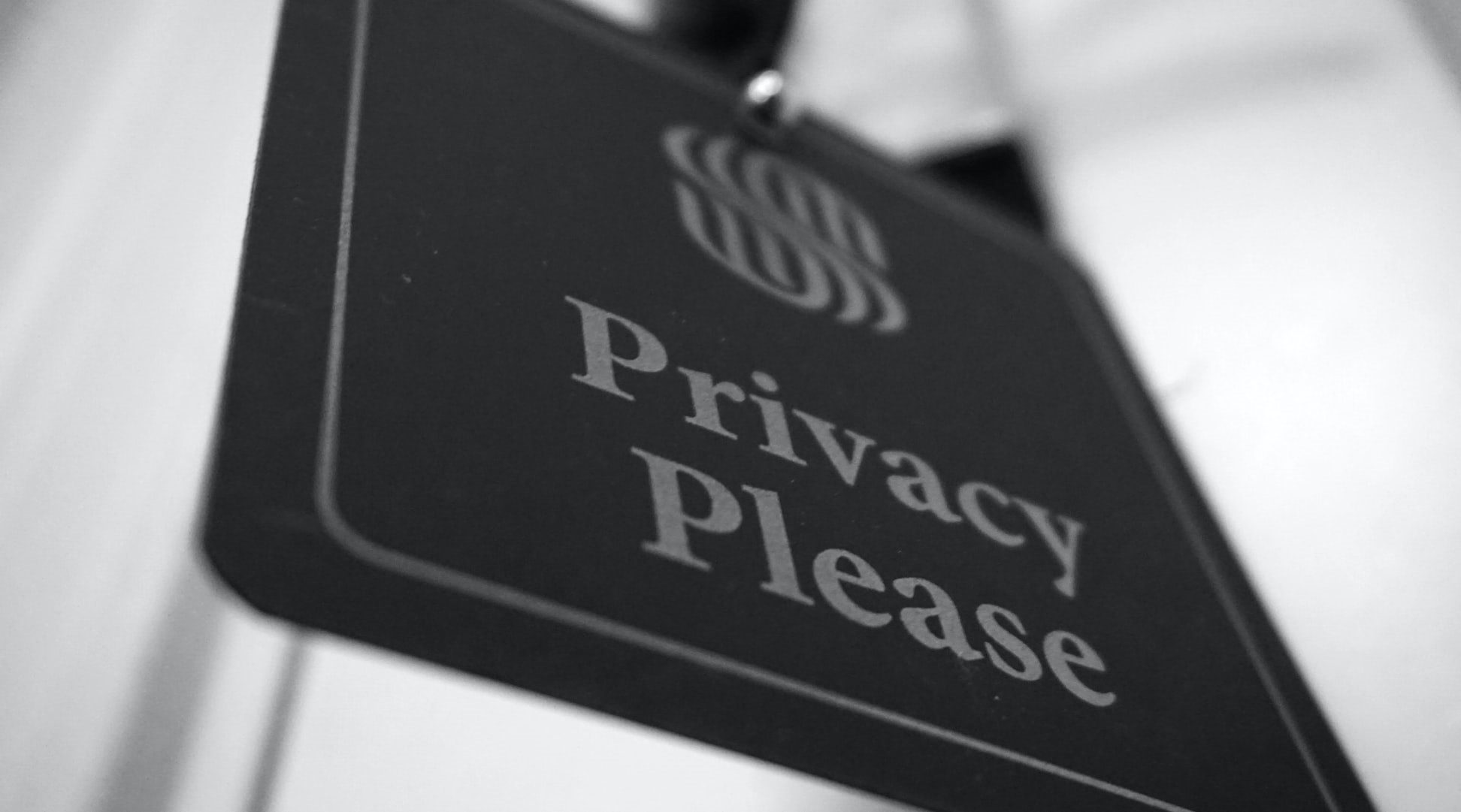
Every single day, we hand out our personal information numerous times, often without realising it. In this article, we’ll share eight reasons for keeping your personal information private when online…

In the modern world, technology puts convenience at our fingertips, allowing us to juggle the various aspects of our lives much more easily. While there’s no doubt that being able to gain information and buy products at the touch of a button has its benefits, it doesn’t come without a price.
From online grocery shopping to downloading an eBook, the websites we use gather information about us. While this usually isn’t a problem, what happens if your information falls into the wrong hands?
Misuse of personal information can result in a number of issues, including reputational problems and defamation of character. Let’s delve into the details about keeping personal information offline…
8 Reasons to Keep Your Personal Information Safe Online
1. Mistaken Identity
You’ve no doubt come across the term ‘identity theft’. While there have been comedy films made about this, such as ‘Identity Thief’, the reality is a lot less fun.
Identity theft occurs when somebody gains access to your personal information, such as your name, address, date of birth, etc. A person then uses that information to steal from you by various means, including accessing your bank account or buying products or services using your details.
Often, identity thieves will get their hands on your information from sites that you have visited online. That’s why getting identity theft protection is important. But remember to evaluate the service first. For instance, if Lifelock tested horribly during a demo run, then consider another provider.
2. Stolen Money

Many cybercriminals make a full-time job out of getting hold of people’s financial information. They go after bank account numbers, debit card details, Paypal accounts, and more, in order to steal money from your account or go shopping at your expense.
Take a moment to think about the number of websites that you use and which store your payment details, and you’ll get an idea of just how widespread your personal information is.
3. Staking Your Reputation Online
Reputation is everything for both our personal and our professional lives, and we often work very hard to gain a good reputation for ourselves. If you become the victim of identity theft, this can lead to your reputation becoming tarnished. This can be devastating on a personal or a professional level.
Many businesses have been victims of reputational damages caused by cybercrimes. Small businesses tend to take a bigger hit financially and end up closing after six months as a result.
4. Trouble with Getting a Job
Leading on from the last point, identity theft can have a detrimental effect on your job prospects. These days, employers will often do a little bit of online stalking in order to check out potential candidates. So, if identity theft has damaged your online reputation, you may find that rejection letters start coming thick and fast.
5. Insurance Cover May Fail
As with employers, insurance companies will do a little bit of digging before accepting your application for life, house or health insurance. Unfortunately, these companies are unable to tell the difference between your real information and that which has been created through identity theft. This means that you may find yourself being turned down for cover.
6. School Rejections
If you have children, you’ll most likely spend time and effort trying to make sure that they attend the best possible schools. Like insurance companies and employers, school boards will often research the parents of potential pupils to ascertain suitability, which can spell bad news for your chances if misleading information about your family exists online.
7. Real-Life Crime
When we think about crimes which are linked to information sharing, we automatically think of cybercrime such as identity theft or the use of debit card information. However, being careless with your personal information can also lead to real-life crimes, such as burglary.
When you share your information online, there’s a chance that a criminal will not only be able to get hold of your home address but may also be able to gain information about your movements.
These movements could include what time you leave for work, which days you go to the gym, and when you’re on holiday. This gives them the perfect opportunity to commit burglary at a time when they know that you won’t be home.

8. Information Can be Used in Court
We all hope that we will never end up in court, either in a personal or professional capacity, as it can be incredibly stressful and sometimes expensive. If that’s not bad enough, then you may also have the added pressure of online information being used against you.
Whether it’s a financial history or your social media presence, anything which is on the internet about you can very much be used as evidence.
Don’t Get Caught Out Online…
Most of us use the internet every single day and share our personal information without even thinking about it. Many older people are reluctant to pay for goods or services online, and we can all, perhaps, take a lesson from this.
While we’re not saying that you should stop using the internet, it is a good idea to try to be a little more mindful whenever you share your information. Don’t save bank details on any sites! Take a look at the accounts you have online and audit them in the future, and always think twice about sharing your information with a site or company that you’re not familiar with.